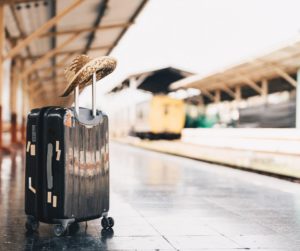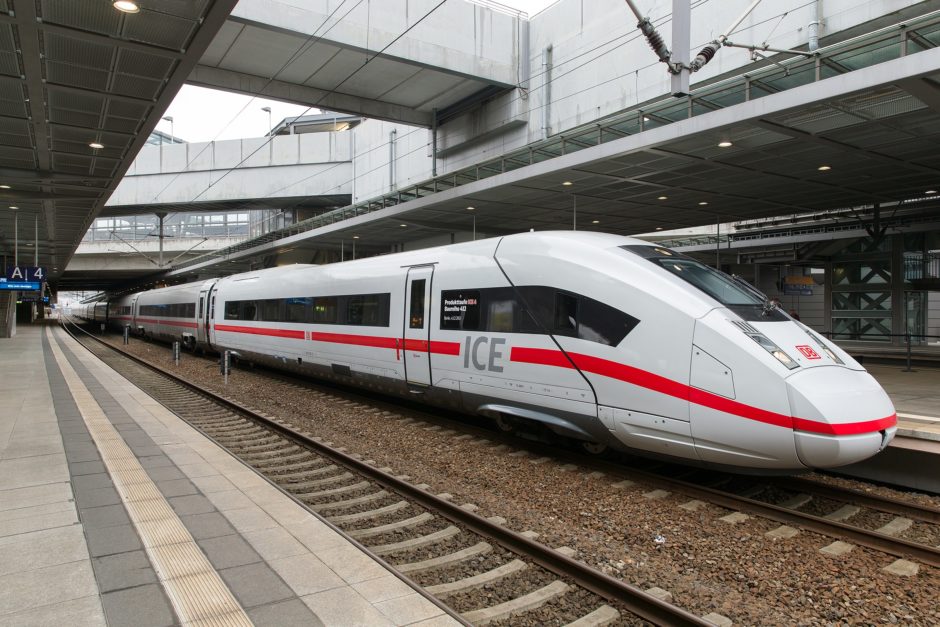In the Post Pandemic, rail travel on the rise
For global domestic tourism, train travel has long surpassed air travel in terms of volume In 2019, there were 2.1 billion train journeys made, compared to just over one billion for air travel. While for international tourism, the numbers are completely inverted: there have been 41 million international departures by train, compared to 735 million by air.
It is unlikely that train usage will ever surpass air travel on an international level, as it typically takes more time and costs more than the latter. However, after the pandemic, it's likely that tourists will venture closer to home than usual due to fear of flying and restrictions on international travel. Therefore, it's likely that domestic rail travel will experience an exponential increase.

Travelling safely post covid on rail
Environmentally conscious travellers prefer train to plane
In the latest consumer survey conducted by Globaldata (16-20 September 2020), 48% of respondents identified that reducing their environmental footprint is now more important than before the pandemic, and 37% stated that it is as important as before. Rail travel is a more environmentally friendly form of transportation and can persuade travelers to opt for this mode of transport over air travel, as consumers become more aware of their environmental impact.
The significant advantages of high-speed services
In recent years, there have already been some notable victories for high-speed rail services against short-haul aviation. In 2019, Eurostar declared that the cross-Channel route had more than halved the demand for air travel between London and Paris. Ultimately, the railway offers a 'middle way' between flying and slow sea travel.
Similar benefits can also be seen in China, where both domestic and regional tourism were the first to benefit from a resurgence in tourism after the initial slowdown caused by the pandemic. Entering into 2021, many Chinese travelers are likely to continue traveling closer to home rather than risking venturing to international destinations and facing local restrictions. This is a case where train travel could be the key to moving smartly and sustainably.



